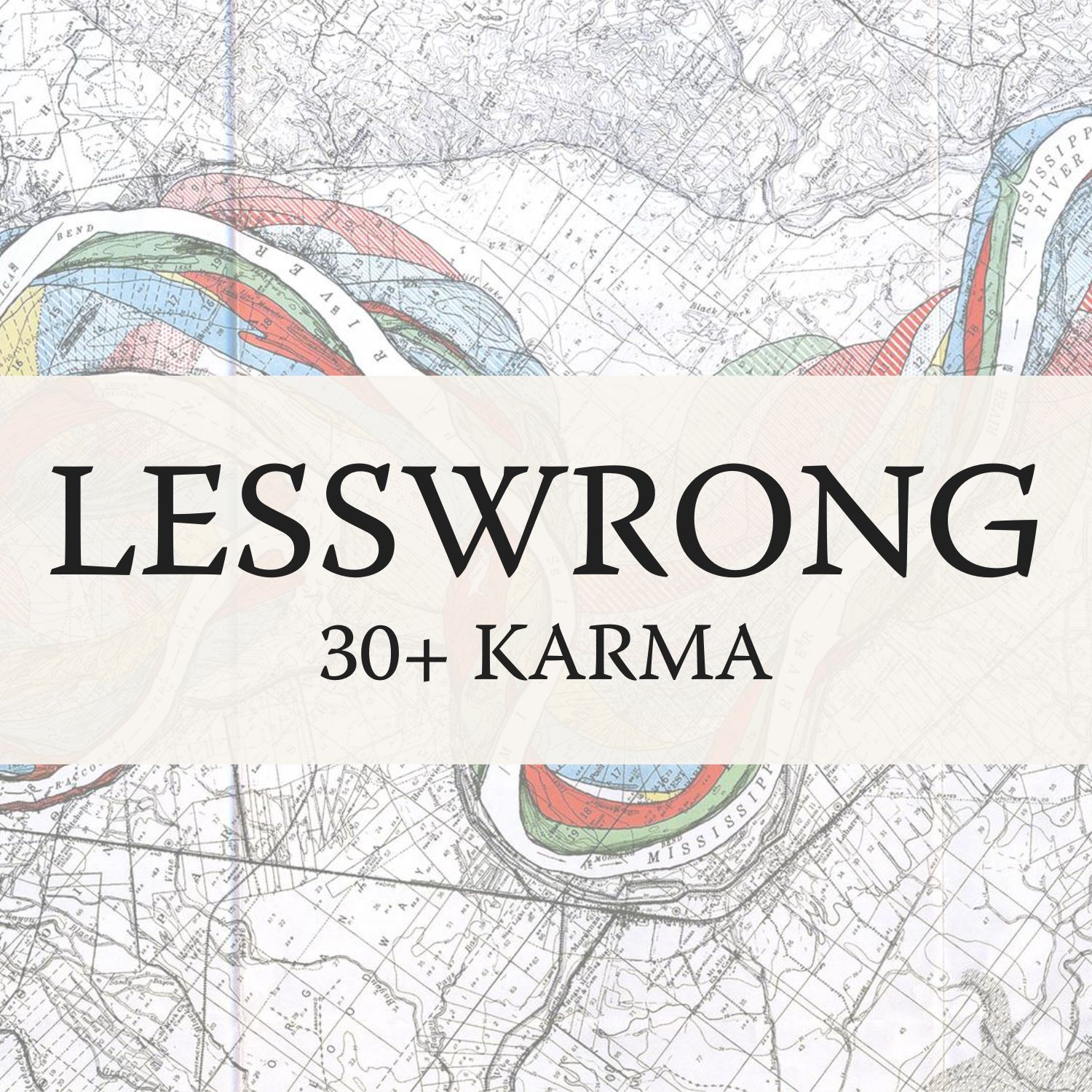
Shownotes Transcript
I see people make statements of the form, "In my experience with people I encounter, X is correlated with ...". The problem is, there's an excellent chance that the people they deal with are very unrepresentative of the population they want to generalize about, and I rarely see them show awareness of the possibility that selection bias has created the effect they're describing. Scott has written about the strength of social group filter bubbles. But there's a systematic effect I want to highlight: Berkson's paradox. Following Wikipedia's example: Suppose that people become famous either by being pretty, or by being talented. Let's say these are all-or-nothing, binary traits. Then, among the population of famous people, being pretty will be anticorrelated with being talented. If a famous person is pretty, then they might or might not be talented, whereas if they're not pretty, then they must be talented—otherwise they wouldn't [...]
The original text contained 5 footnotes which were omitted from this narration.
First published: November 24th, 2024
Source: https://www.lesswrong.com/posts/cP9XEZBDjs3amP8pe/perils-of-generalizing-from-one-s-social-group)
---
Narrated by TYPE III AUDIO).